Supporting Goal-Setting, Time Management, and Self-Regulation in Online Credit Recovery Classrooms (Part 2 of 3)
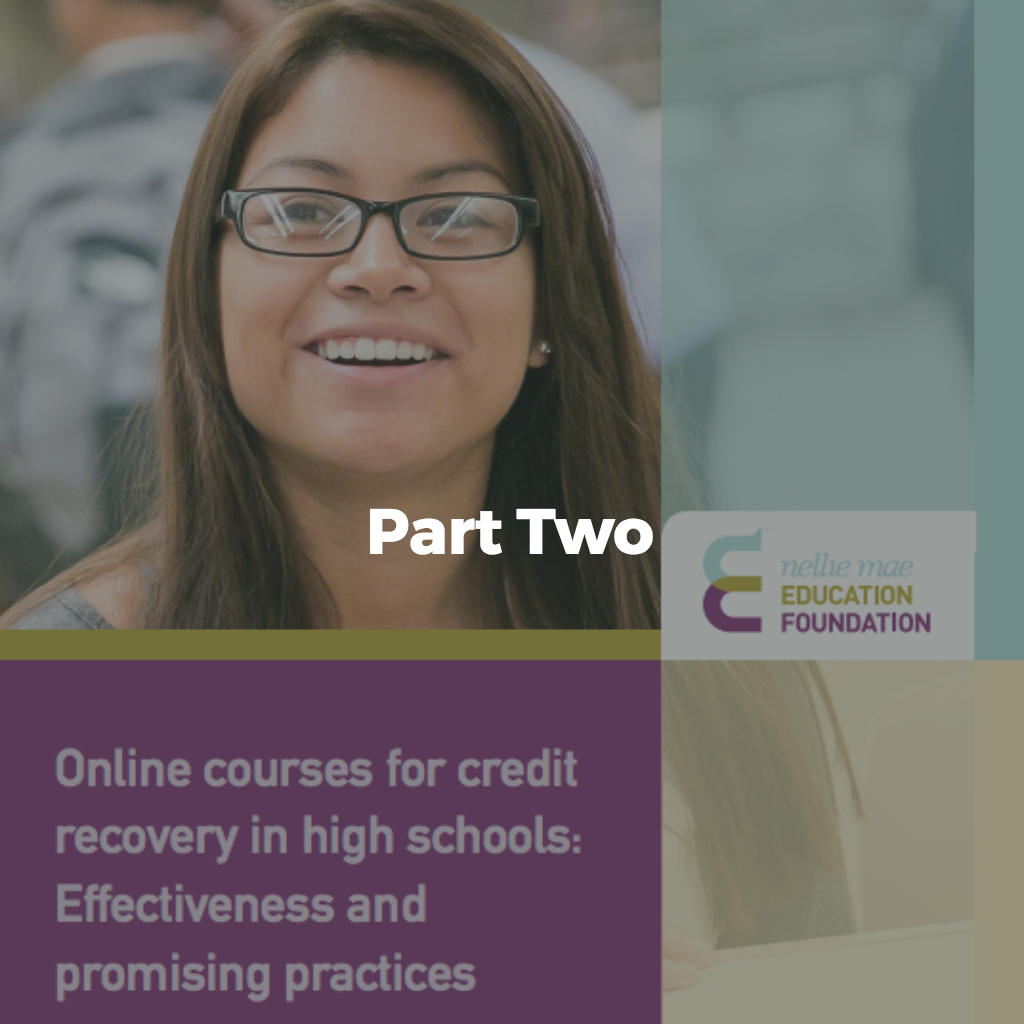
In addition to traditional study skills, online credit recovery classes require students to develop deeper proficiency in self-directed study skills. Below are five teacher and courseware driven supports that can help students build goal-setting, time management, and other self-regulation skills that are key for success. Check-ins Teachers conduct several types of formal and informal check-ins.… Read More ›
The Importance of Modeling Student-Centered Professional Learning

Creating student-centered learning environments is no easy task. Teachers often do not receive enough quality professional learning to provide them with the time to design student-centered learning environments. The major difficulties are that they lack the opportunity to actively provide choice and voice in their school systems and they are put under too much pressure… Read More ›
Expanded Roles For Online Credit Recovery Teachers (Part 1 of 3)
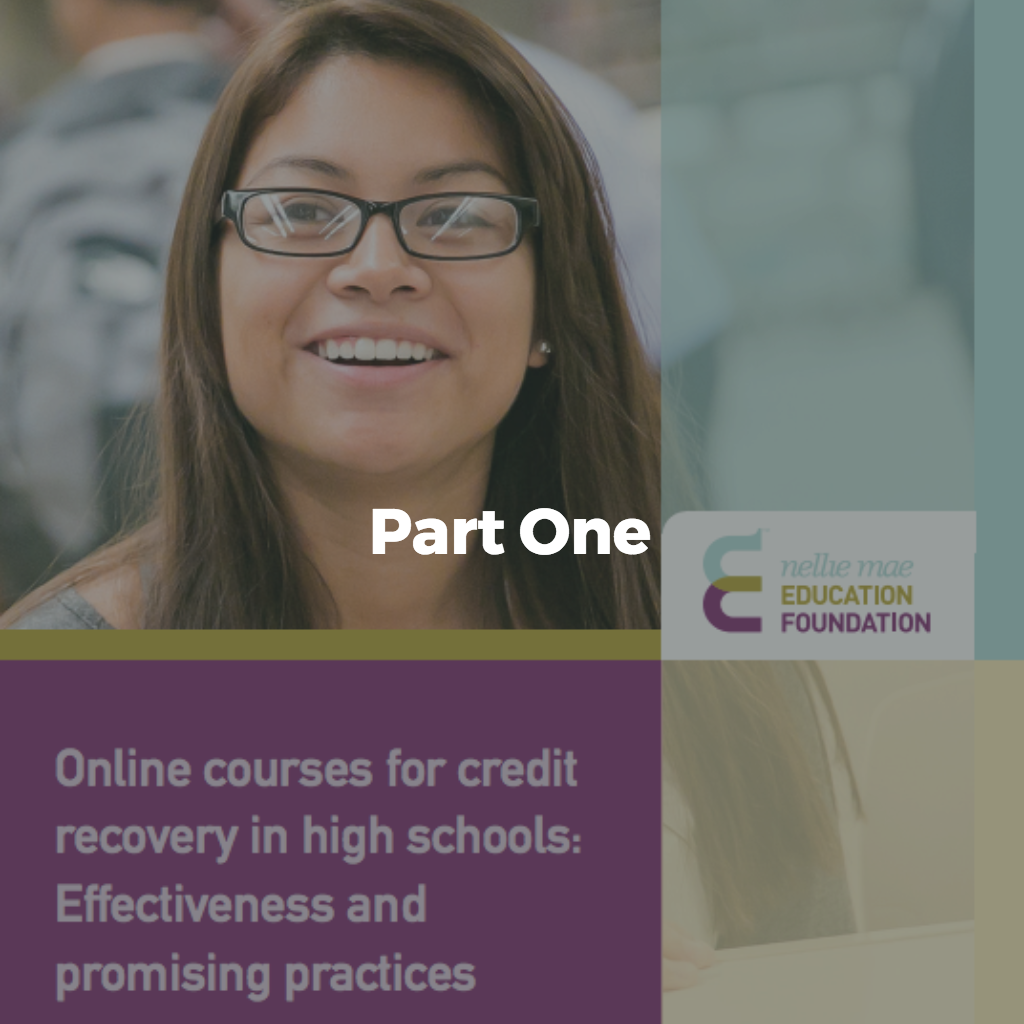
As schools and districts have worked to develop online credit recovery programs, key aspects of program development have often fallen to the teachers. Highly motivated teachers have frequently taken on additional responsibilities, leading them to play the role of advocate, recruiter, course developer, academic advisor, and liaison. The following excerpt explores these new roles in… Read More ›
Hiring: The Very First Step to a Flourishing School Culture (Part 3 of 3)
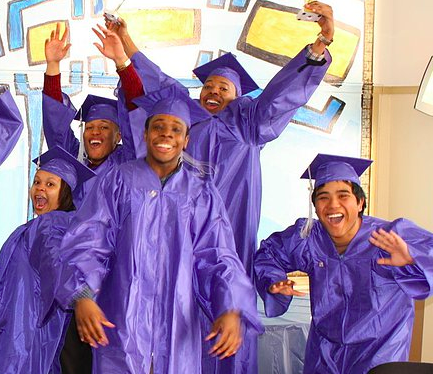
Read part one and two of this series. My advice to those seeking to establish a thriving culture in their schools at the same time that they promote high academic achievement for our most underserved students: Hire well. Transforming the adult learning community isn’t all that difficult when you hire adults who aren’t afraid to be human with… Read More ›
Technology Counts 2017
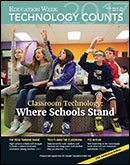
Technology Counts 2017: Classroom Tech: Where Schools Stand is Education Week’s 20th annual report on education technology. The report’s feature story reveals concern that technology is not being used to its full potential in K-12 schools across the country. It points to continued gaps in access to broadband networks and inadequate teacher training which raise… Read More ›
Creating a School Culture Where Students and Teachers Both Flourish (Part 2 of 3)
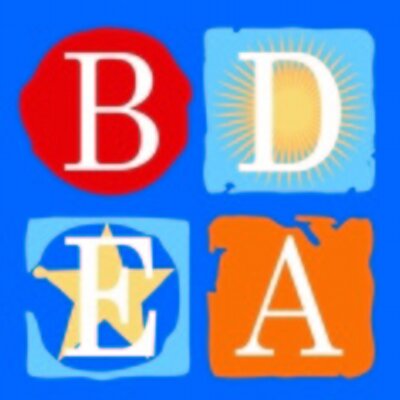
Read part one of this series. Encourage and practice being human with all of your staff Simple, right? Maybe not at first, but we’re all human, in this work for a reason, and it’s worth examining our hearts and minds at the beginning of each day to make sure our students’ interests, equity, and a healthy community… Read More ›
The MyWays Initiative
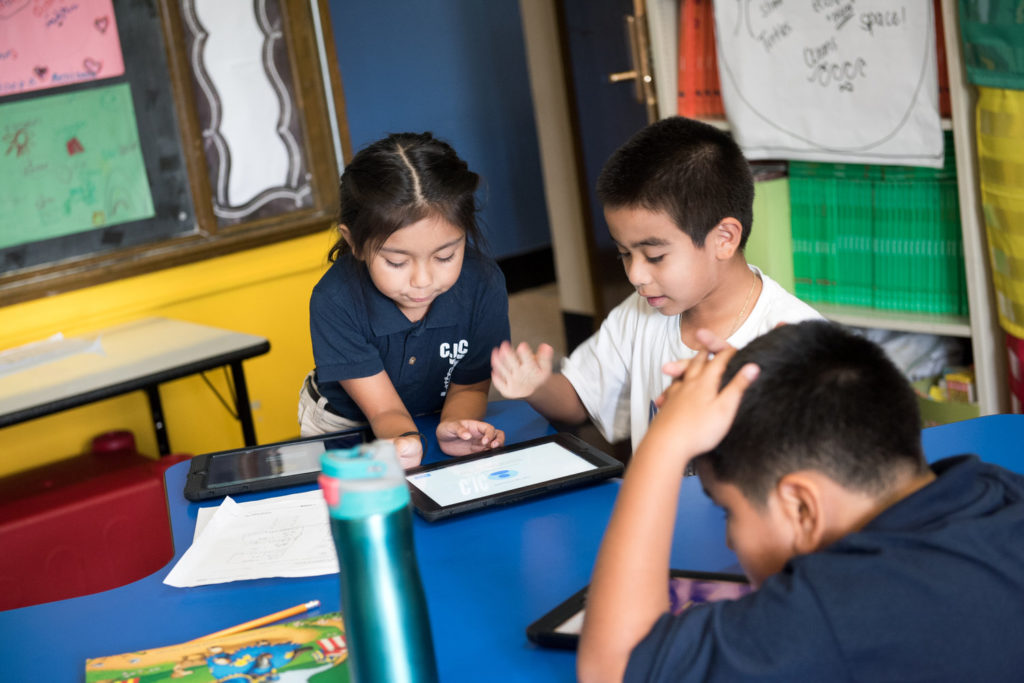
MyWays is an initiative of Next Generation Learning Challenge (NGLC). It is an effort to synthesize a broader, deeper definition of student success: success for learning, working, and living in the fast-changing world facing today’s youth. The initiative seeks to help school communities address big questions in education today by: Fully understanding why a changing world requires reimagining… Read More ›
The Crucial Factor in School Success is School Culture (Part 1 of 3)
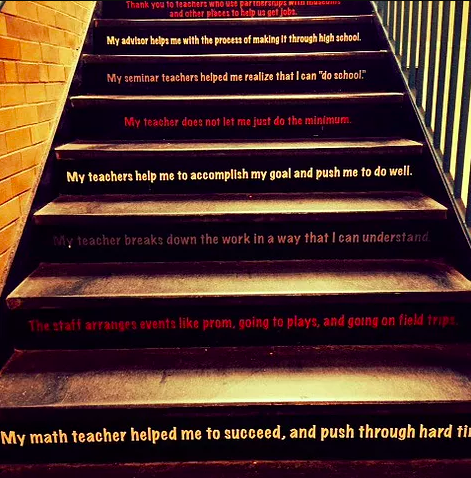
Transforming schools: the key ingredient is right in front of us. School reform is more than incorporating tech tools, being competency-based, or implementing student-centered practices. It’s more than opening the walls or focusing on core competencies. School reform starts by transforming school culture, and reforms flourish when we allow adults to be creative and compassionate… Read More ›
How Can We Increase Civic Engagement in the Era of Fake News and Social Media?
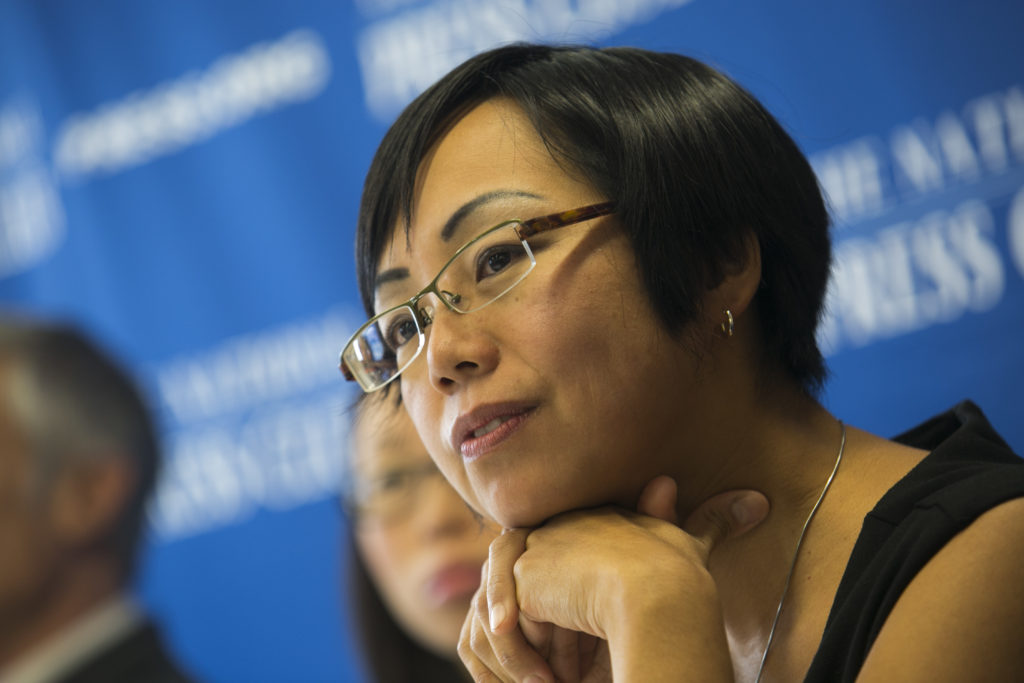
Recently, I had the pleasure of attending and presenting at Engaging Citizens: Civics Education and the New Political Landscape, a forum hosted by The Boston Foundation, to discuss the importance of civics education in Massachusetts. As the Director of the Center for Information and Research on Civic Learning & Engagement (CIRCLE, Tisch College of Civic Life), my… Read More ›
Policy, Pilots and the Path to Competency-Based Education
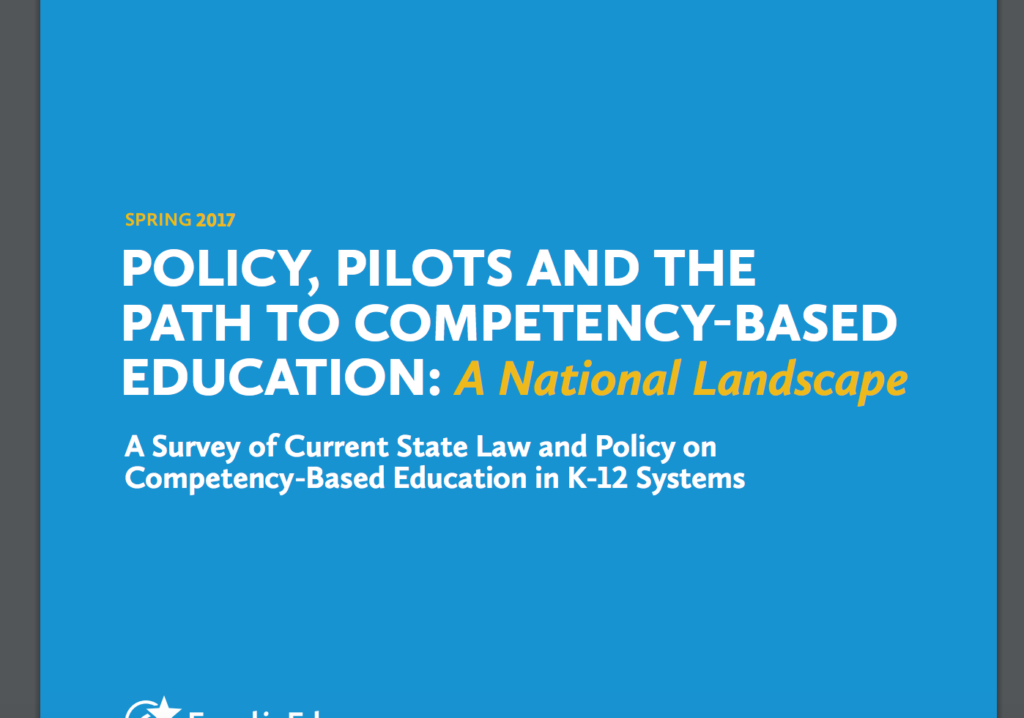
This report, produced by the Foundation for Excellence in Education and EducationCounsel, surveys the existing state laws and policies that support competency-based education in K-12 nation-wide. The report explores the creation of innovation and pilot programs, which can be the first step for policymakers. Pilots allow schools and local education agencies (LEAs) to harness existing… Read More ›
Amplifying Student Voice & Partnership
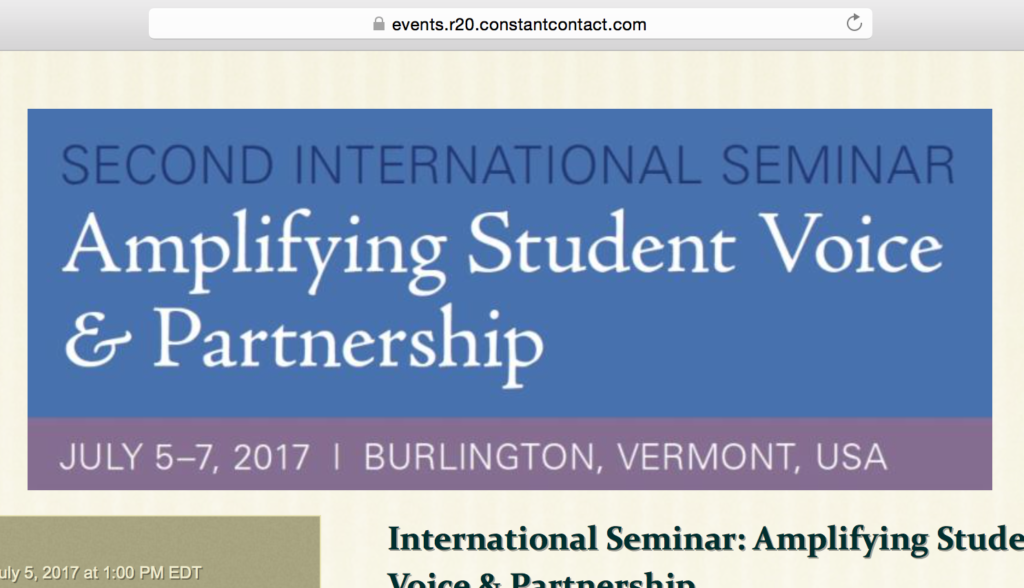
UP for Learning, the Vermont-based organization dedicated to helping students and adults work in partnership to transform their schools, is hosting the International Seminar on Amplifying Student Voice & Partnership. The event will bring together experts from practice, research, and policy to dig into the inquiries most relevant to forwarding youth voice in education transformation.… Read More ›
What Happens When Students Design Their Own Assessments?
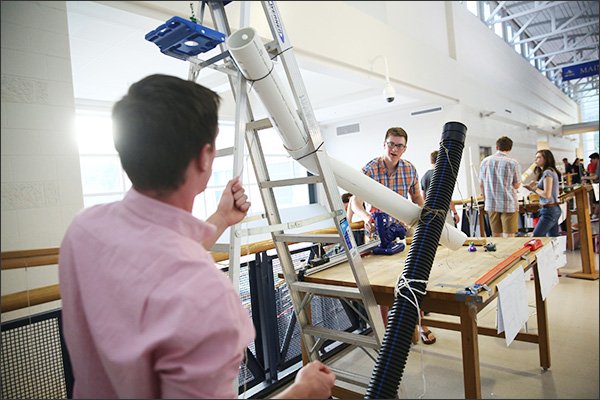
This article discusses the work of the Roanoke County Public Schools to implement student-led assessment, alongside 10 other Virginia districts that make up a Networked Improvement Community. The article delves into the importance and impact of student-led assessment, origins of the project, strategies used to get teachers on board, and challenges encountered which included differentiation of student-led… Read More ›